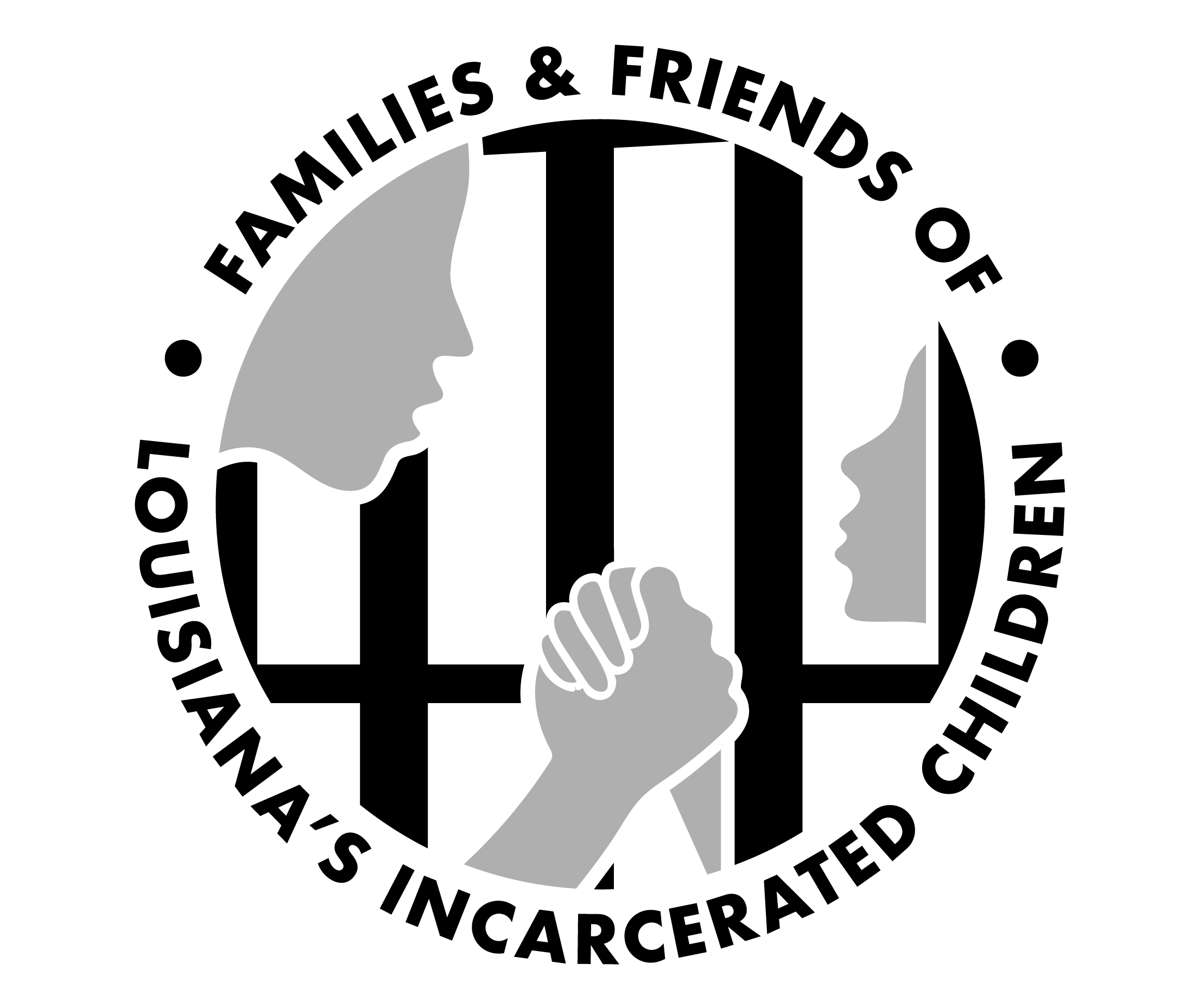FFLIC’s Parents in Schools Leadership Project is designed to ensure that, as our educational institutions continue to be rebuilt, our children who are in crisis, who learn differently, and who exhibit challenging behaviors are kept in their schools where they are surrounded with knowledge and opportunities, and out of our harsh and punitive juvenile justice system. The over-use of suspensions and expulsions must stop and all classrooms must be places of disciplined learning where teachers and students have the resources and support they need to do their jobs of teaching and learning well. FFLIC knows that parents are the key to achieving this goal because it is the parents who have the greatest investment and the most knowledge about how and where our children need support.
Back in 2003, FFLIC, along with various community organizations and families, fought to have a better discipline plan put into place in Louisiana’s Schools. As a part of the Juvenile Justice Reform Act of 2003, which FFLIC helped to pass, the Board of Elementary and Secondary Education (BESE) approved the Model Master Plan, a comprehensive school discipline plan that includes efforts for keeping kids in school by using alternatives to suspensions and expulsions. An evidence based strategy known as Positive Behavioral Support (PBS) was emphasized in the plan. PBS has proven to greatly reduce the number of young people expelled and pushed out of the classroom while simultaneously having positive effects on classroom atmosphere and discipline. PBS emphasizes the child’s natural inclination to work harder and behave better with positive rewards and reinforcement and it provides clear guidance to parents, teachers and school administrators who are dealing with youth in crisis.
Parent involvement is another vital component to PBS success. Parent and community involvement even without PBS has also proven to improve classroom behavior and even have a positive effect on high stakes test scores and other measures of academic success. When children see that the community is invested in them and their education, they too become increasingly invested and have incentive to stay in school and to perform at higher standards. PBS is specifically designed to help kids stay in schools and the presence of parents both improves children’s behavior and serves as a check to teachers and administrators who have grown too comfortable with the easy ‘answer’ of expulsion.
Further, the presence of parents and the implementation of PBS assists with a necessary change of attitude that many have about our most vulnerable youth – that they are throw-away children with little potential for success. When we bring in more of a child’s family, provide them with positive encouragement, and clear discipline, we create a new picture, a new reality and give our children what they need to thrive.


